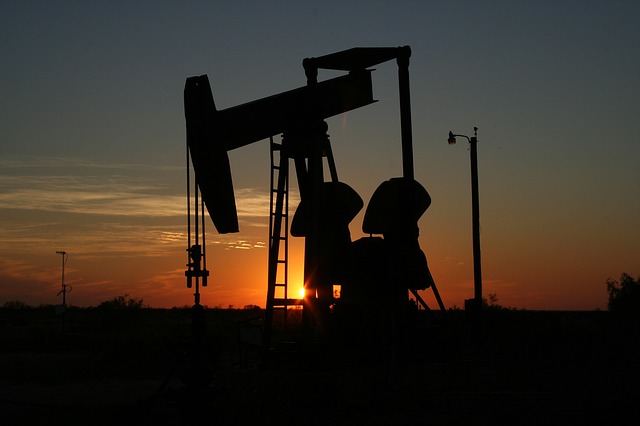PH opens oil, gas investment benchmarking talks with Indonesia
- November 6, 2018
- 0

In his bilateral meeting in Singapore last week, Department of Energy (DOE) Secretary Alfonso G. Cusi discussed the matter of reviewing and comparing investment frameworks with Indonesian Deputy Minister of Energy and Resources Arcandra Tahar
“With Indonesia, I’m comparing our policies as against their policies for oil and gas investments… so we had bilateral discussion,”Cusi was quoted as saying in a Manila Bulletin report.
Cusi noted that the Philippines can learn from the Indonesian policies “because they have been in the business for longer time than us and they have many exploration activities with a lot of contractors.”
Cusi said the country can benefit from revisiting its investment frameworks and incentives regime and benchmarking them with Indonesia, citing its portfolio of resources, discoveries, and oil exploration activities that have incited interests from many investors.
“We’re still new and we can’t even compare ourselves with them yet – just looking at the number of wells they have been drilling yearly and the scale of their discoveries,” Cusi was quoted as saying.
Cusi added that the Philippines shares similarities with Indonesia in terms of royalty sharing arrangement, but its policies on bonuses and cost recoveries that are absent in the local sector.
“We’re trying to study these and perhaps compare it with our policies and practices,” he said.
In the Philippines, Presidential Decree 87 or the Oil and Gas Law allows for investments in oil and gas exploration, as well as commercial developments.
Under the law, the Malampaya gas field remains to be the biggest hydrocarbon discovery in the country to-date. This was followed by the oil fields in Galoc in Palawan and Algeria in Cebu.
Amid these developments, the country still lags behind its neighboring countries in Southeast Asia in terms of bringing hydrocarbon investments in the country, affecting the government’s overall goal for long-term energy security.
The country is opening itself again for its next round of petroleum contracting, however investors are looking thoroughly on the potential incentives that could be given to them.
Last month, the DOE launched the new Philippine Conventional Energy Contracting Program (PCECP). The PCECP is a new and transparent petroleum service contract awarding mechanism that allows the government to develop and utilize indigenous petroleum resources under a service contract with qualified local and international exploration companies. Under the PCECP, awarding of service contracts are conducted either through the competitive selection process or via nomination.
There are 22 active petroleum contracts in the Philippines including, Shell Philippines Exploration, Total E&P, PNOC-EC, Nido Petroleum, Philodrill, PXP Energy and Galoc Production Company.